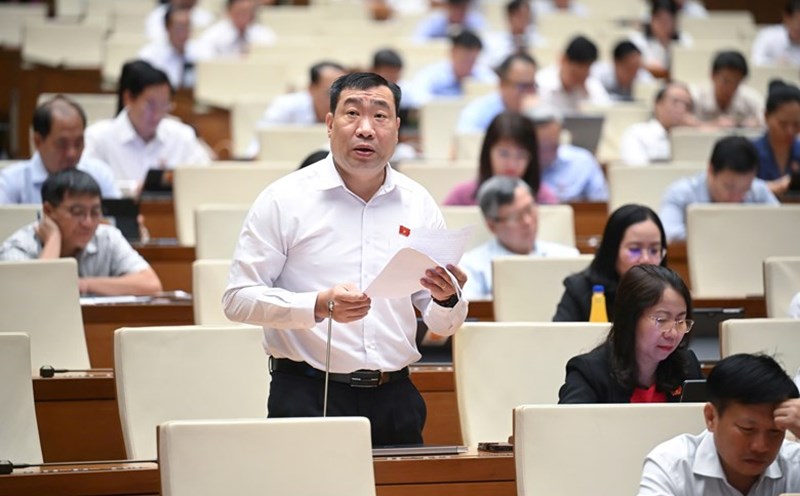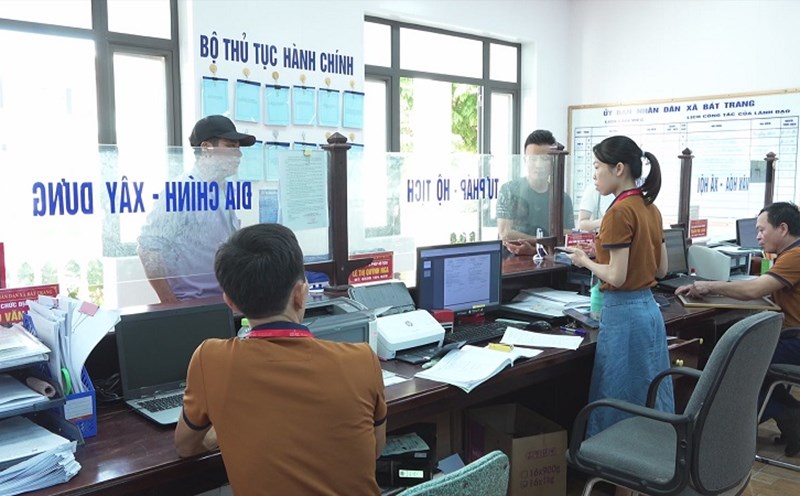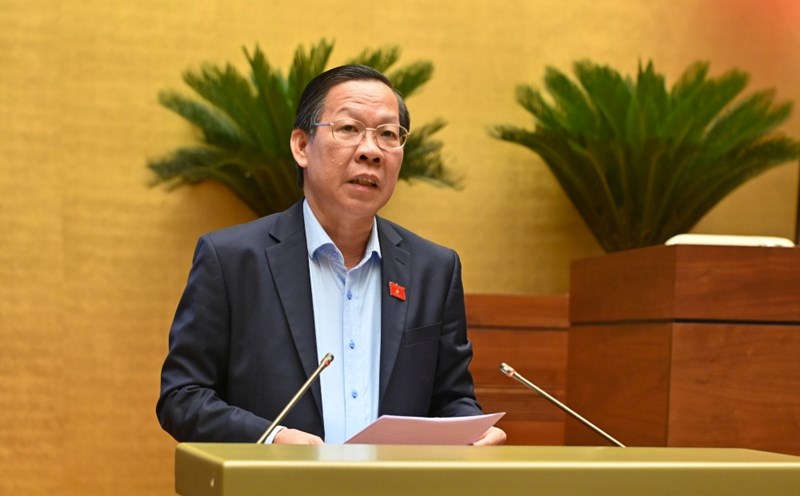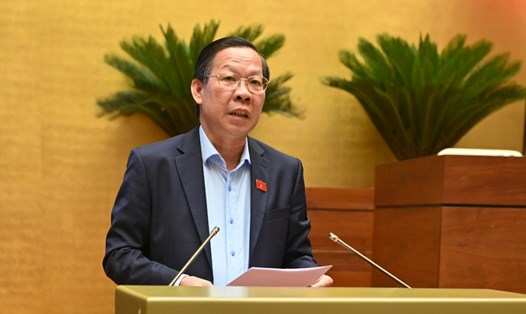On the morning of June 13, the National Assembly discussed piloting a number of specific mechanisms and policies for the development of Hai Phong City.
Delegate Tran Chi Cuong (Da Nang Delegation) said that currently, our country's logistics costs are still high, accounting for about 16.5% of GDP, much higher than the world average of 11.6%.
Logistics infrastructure has not met development needs, the scale of logistics enterprises is still small, holding only about 20% of market share.
Notably, the contribution of the logistics industry to GDP is currently only 4.46% and the target by 2025 is 5-6%, according to the delegate is still much lower than the tourism service industry, which contributes about 7% of GDP.
These figures show great potential but also pose an urgent need for a breakthrough policy to develop logistics infrastructure and services more systematically and effectively, the delegate emphasized.
According to the delegate of the Da Nang delegation, logistics centers play a particularly important role in optimizing goods, currency, information movements, promoting goods circulation, import and export, contributing to reducing logistics costs, improving operational efficiency and competitiveness of enterprises.
Therefore, in the context of promoting regional linkages and improving national competitiveness, it is extremely necessary to identify a logistics center as a new business model that plays a key role in connecting sectors, localities and territories.
"The proposal to pilot a land acquisition policy to soon form large-scale, modern logistics centers in Hai Phong City is completely reasonable and needs to be considered and supported by the National Assembly," the delegate said.
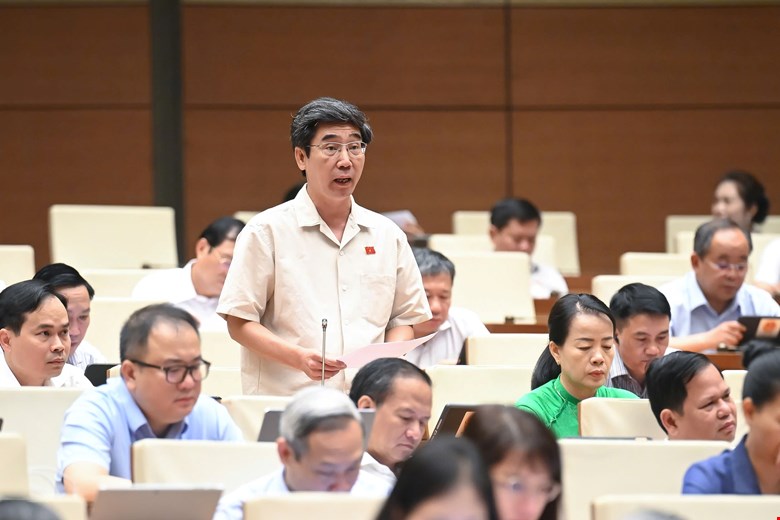
Speaking to explain and clarify some issues raised by National Assembly deputies, Minister of Finance Nguyen Van Thang said that according to the provisions of the Land Law, in case of land recovery to implement projects for national and public interests such as logistics centers, it must be submitted to the National Assembly for consideration and decision.
The Minister also stated the reasons for the pilot policy to allow Hai Phong City to reclaim land to implement socio-economic development projects for national and public interests, including logistics centers serving seaports, airports, inland waterway ports with a scale of over 50 hectares and logistics services serving seaports, airports, inland waterway ports with a scale of up to 50 hectares.
According to the Minister, this will create conditions for the city to proactively utilize land resources, improve competitiveness, and create momentum for socio-economic development.
The Minister of Finance added that due to the rapid urbanization process, Hai Phong has many areas of agricultural land and land for growing rice in two or less crops that are abandoned and not effective. Meanwhile, the demand for land use for industrial parks and key projects is increasing.
The proposal to pilot the conversion of rice-growing land use purposes will create favorable conditions for Hai Phong to be proactive and flexible in shortening implementation time, improving land use efficiency, thereby creating an open environment, attracting investment in dynamic projects.

